Proposals to tighten the rules around the collection and spreading of soiled water will put intense pressure on many dairy farmers, the ICMSA has warned.
Association president Pat McCormack maintained that farmers were effectively being pushed towards extending their holding’s slurry and soiled water storage capacity by the proposals included in the latest consultation document on the Nitrates Action Programme (NAP).
Citing a ban on the spreading of soiled water for two months from the middle of November next year, plus the proposed requirement that farmers must store soiled water and slurry separately, McCormack said farmers were being left with little alternative but to invest heavily in facilities at a time when construction costs are rising sharply and contractors are extremely busy.
“We already know that contractors are telling farmers that they [the farmers] must expect to wait at least six months to have work done on their farms. How are we meant to get the storage for soiled water done?” McCormack said.
“Leaving aside the scientific basis for defining what ‘soiled water’ is and the practicalities of redesigning existing farmyard layout, tanks and run-offs – and that’s an awful lot to leave aside in itself – is there a single farmer in Ireland who could get a contractor in to do this work at the moment?” he asked.
The ICMSA leader said the issues around soiled water will have to be “revisited” by the Department of Agriculture before the final draft of the NAP is agreed.
It is estimated that a typical 100-cow spring-calving farmer who stops milking for six weeks during the winter will require 70 cubic metres of soiled-water storage to comply with the current NAP guidelines. Putting this storage in place would currently cost around €8,400.
Where cows are milked through the winter, the storage requirement will increase to 150 cubic metres, with the construction costs reaching €18,000.
Proposals to tighten the rules around the collection and spreading of soiled water will put intense pressure on many dairy farmers, the ICMSA has warned.
Association president Pat McCormack maintained that farmers were effectively being pushed towards extending their holding’s slurry and soiled water storage capacity by the proposals included in the latest consultation document on the Nitrates Action Programme (NAP).
Citing a ban on the spreading of soiled water for two months from the middle of November next year, plus the proposed requirement that farmers must store soiled water and slurry separately, McCormack said farmers were being left with little alternative but to invest heavily in facilities at a time when construction costs are rising sharply and contractors are extremely busy.
“We already know that contractors are telling farmers that they [the farmers] must expect to wait at least six months to have work done on their farms. How are we meant to get the storage for soiled water done?” McCormack said.
“Leaving aside the scientific basis for defining what ‘soiled water’ is and the practicalities of redesigning existing farmyard layout, tanks and run-offs – and that’s an awful lot to leave aside in itself – is there a single farmer in Ireland who could get a contractor in to do this work at the moment?” he asked.
The ICMSA leader said the issues around soiled water will have to be “revisited” by the Department of Agriculture before the final draft of the NAP is agreed.
It is estimated that a typical 100-cow spring-calving farmer who stops milking for six weeks during the winter will require 70 cubic metres of soiled-water storage to comply with the current NAP guidelines. Putting this storage in place would currently cost around €8,400.
Where cows are milked through the winter, the storage requirement will increase to 150 cubic metres, with the construction costs reaching €18,000.




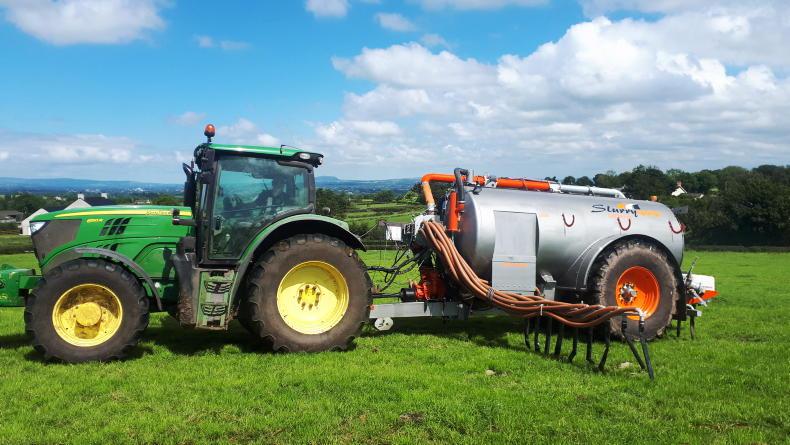
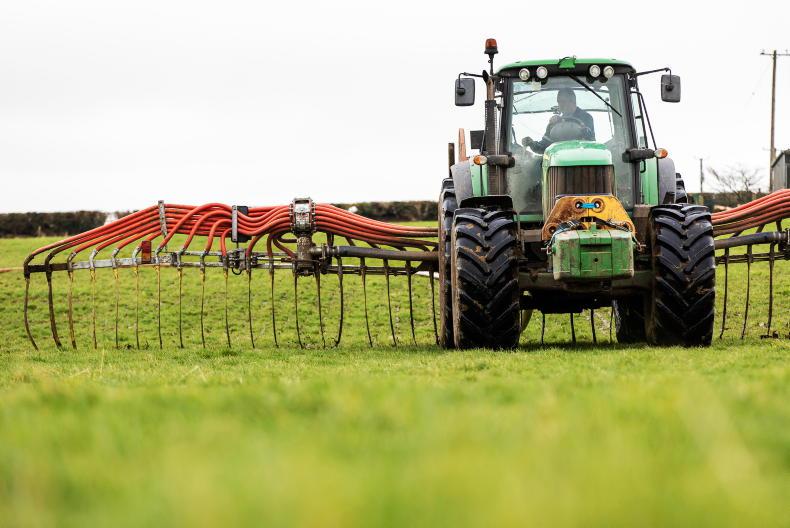

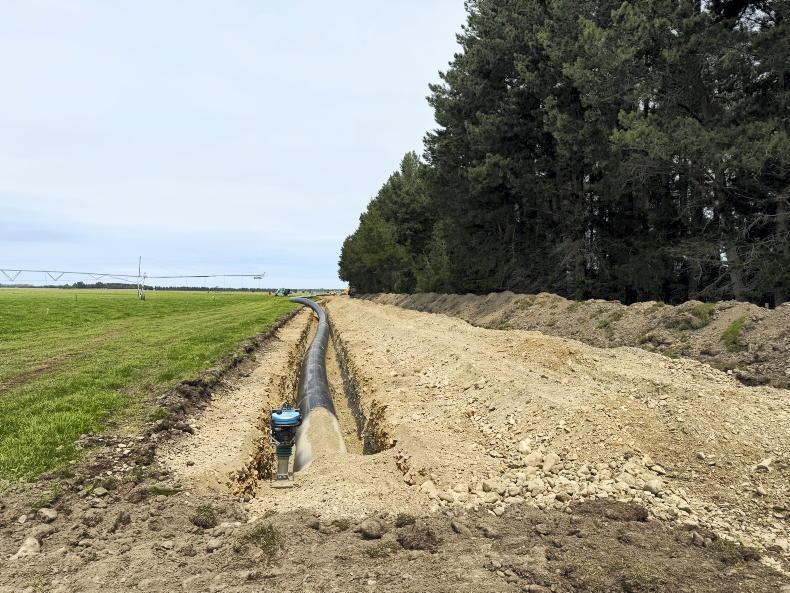
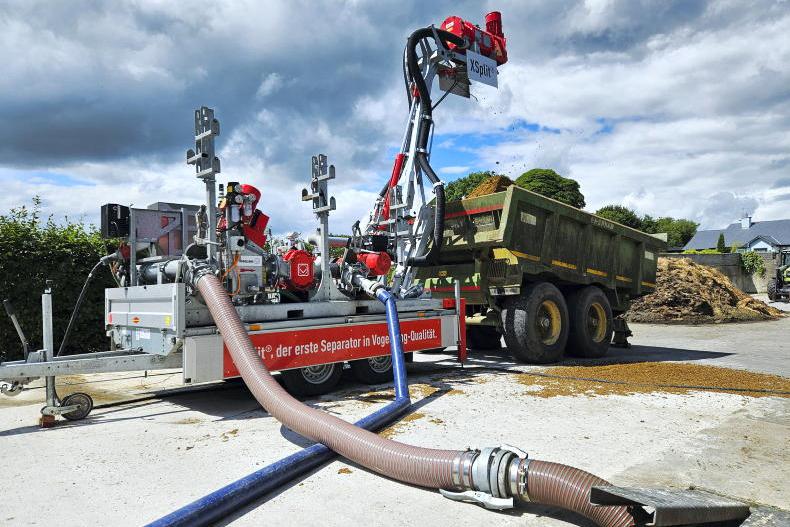
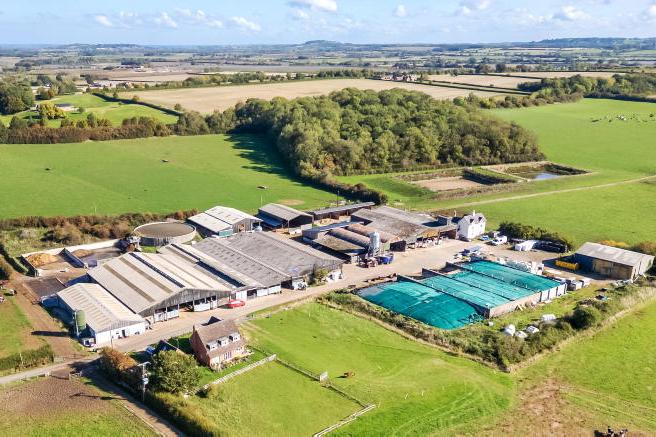
SHARING OPTIONS